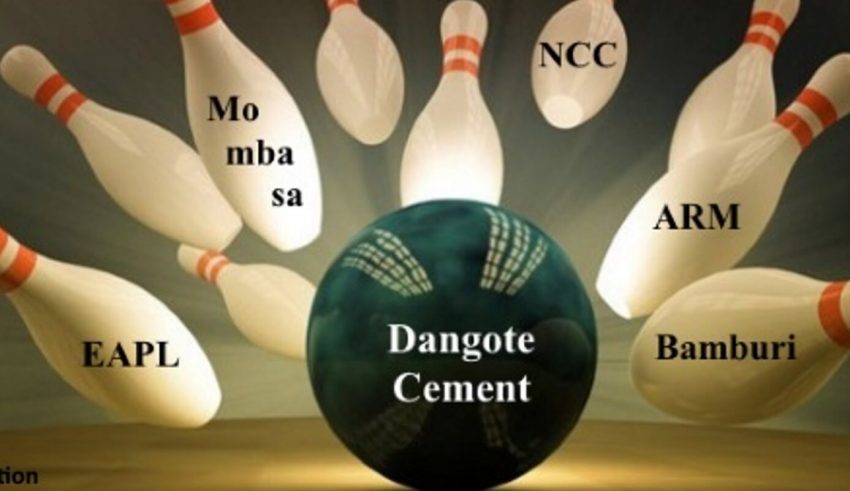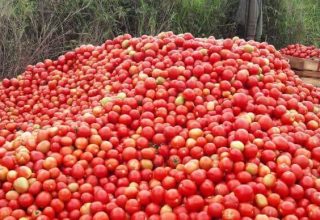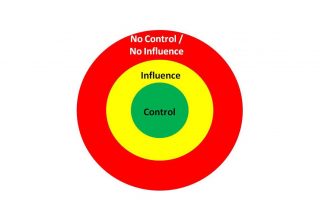
Kenya is a relatively an expensive market, partially due to market imperfections and lack of proper competition in the operating environment. We should be having a business environment that is conducive for business in terms of ease of starting, operating and exiting a business; as well as the legislation that supports business operations. Such factors make a country competitive. This infers to favourable taxation regime, provision of infrastructure, fair labour laws and provision of work spaces in terms of industrial parks, special industrial zones etc.
There have been claims of cheap eggs coming from Brazil, South Africa and also our neighbour Uganda. Why? We need to re-examine the cost of doing business in our country (e.g. the cost of power) and our taxation regime. Another aspect of business is growing capacity through partnerships and cooperatives. Solo operations are inefficient and expensive. Economics teaches us that specialization, building competitive advantage is the way to reduce costs, improve quality and be competitive.
There is a strong growth in demand for cement and cement products in Kenya. The demand of cement has been growing at an average of 14% per year. Demand in 2012 was about 3.43 million metric tonnes and in 2015 the demand had risen to 5.88 million metric tonnes. The market has several players namely Bamburi Cement Ltd, Savannah Cement Ltd, East African Portland Cement Company Ltd, Athi River Mining Ltd (ARM), National Cement Company Ltd (NCC) and Mombasa Cement Ltd.
CEMENT INDUSTRY IN KENYA
| No. | Cement Factory | Market share % |
| 1 | Bamburi Cement | 40 |
| 2 | Mombasa Cement | 13 |
| 3 | NCC | 7 |
| 4 | ARM | 16 |
| 5 | EAPL | 24 |
2012 data KNBS
The cost of a 50kg bag of cement is controlled in a cartel like manner, prices ranging from about KES.550-850. The most common complaint from the industry has been cost of power and taxation. Our market has been in on constant assault from Egypt and South Africa. These are power houses in terms of cement per capita Kenya (100kg) Egypt (506 kg) and South Africa (230Kg). Ethiopia is a competitor to watch. Cement per capita is a measure of cement a country is able to use per person in the country.
The Dangote question in cement business: Why is he able to supply cheaper cement at KES.370 per 50kg bag? Our cement industry is controlled in a cartel like organisation. With controlled prices it would have been almost impossible for Dangote to make a dent in the Kenyan market. Market entry with a low priced cement strategy at a time when cost of building is high is a bright move and very disruptive. Dangote is aggressive since the industry players tried to prevent his entry into our market with delay tactics. He is manufacturing in Ethiopia, he is building a factory in Kitui and he is a known cement business operative in Africa. He is an entrepreneur with deep pockets and ability to spot opportunities. His empire is run by technocrats with no political baggage, men and women able to make business friendly decisions assertively.
We made cement an expensive commodity. Economics state that high prices will attract competition. I submit that local companies will have to creatively innovate to bring down cost of production by automation, labour layoff, and then lower prices to match Dangote cement. The companies must start operating as businesses that focus on customer needs done profitably. We cannot rule out privatisation of state corporations, mergers etc.
The market is almost finite, visible and real in size. To gain market share, get more sales, one has to take market share from another and it is a vicious and nasty battle. Cement companies in Kenya have to be prepared to fight and regain their market share by operating efficiently, being innovative and by automation.
Innovation comes in the form of new products like cabro making blocks, electricity poles, cement bricks, fencing poles and other cement products built efficiently and in large quantities for economies of scale; as well as looking for specific markets for special cement requirements.


















